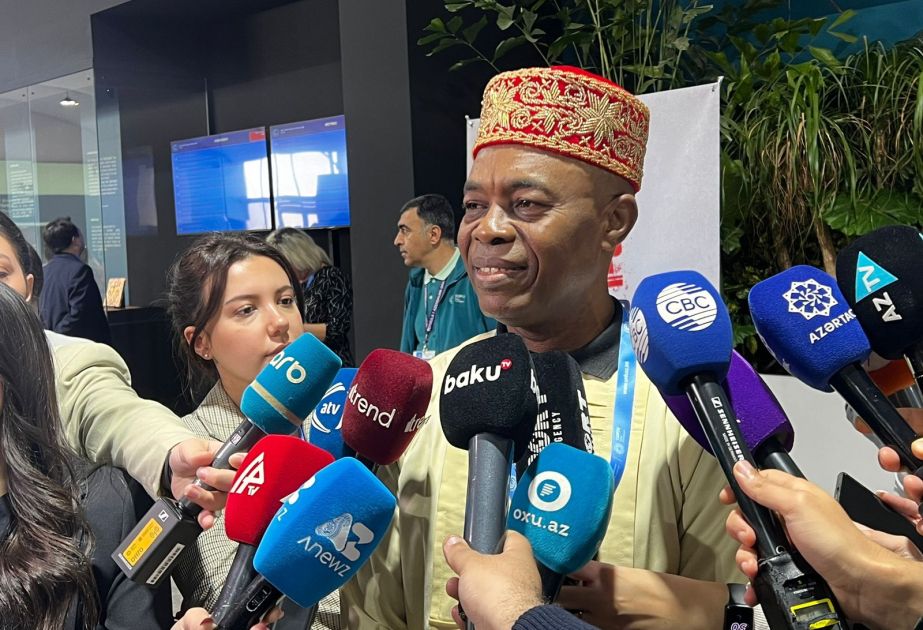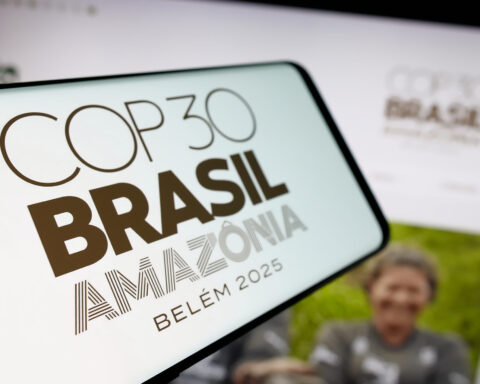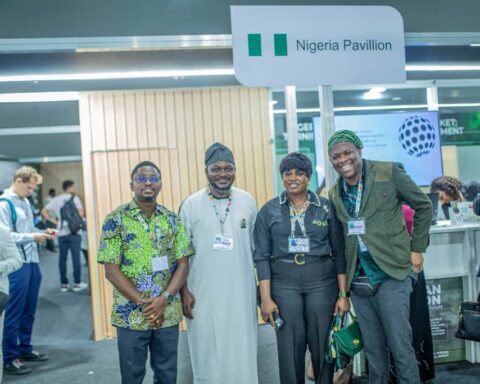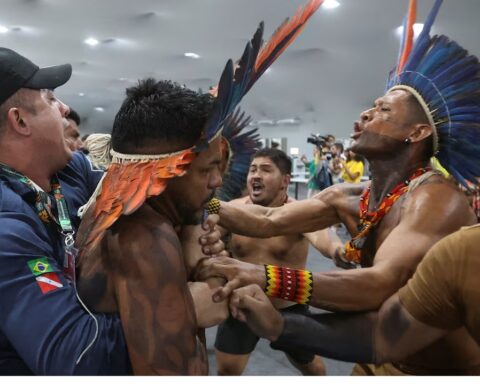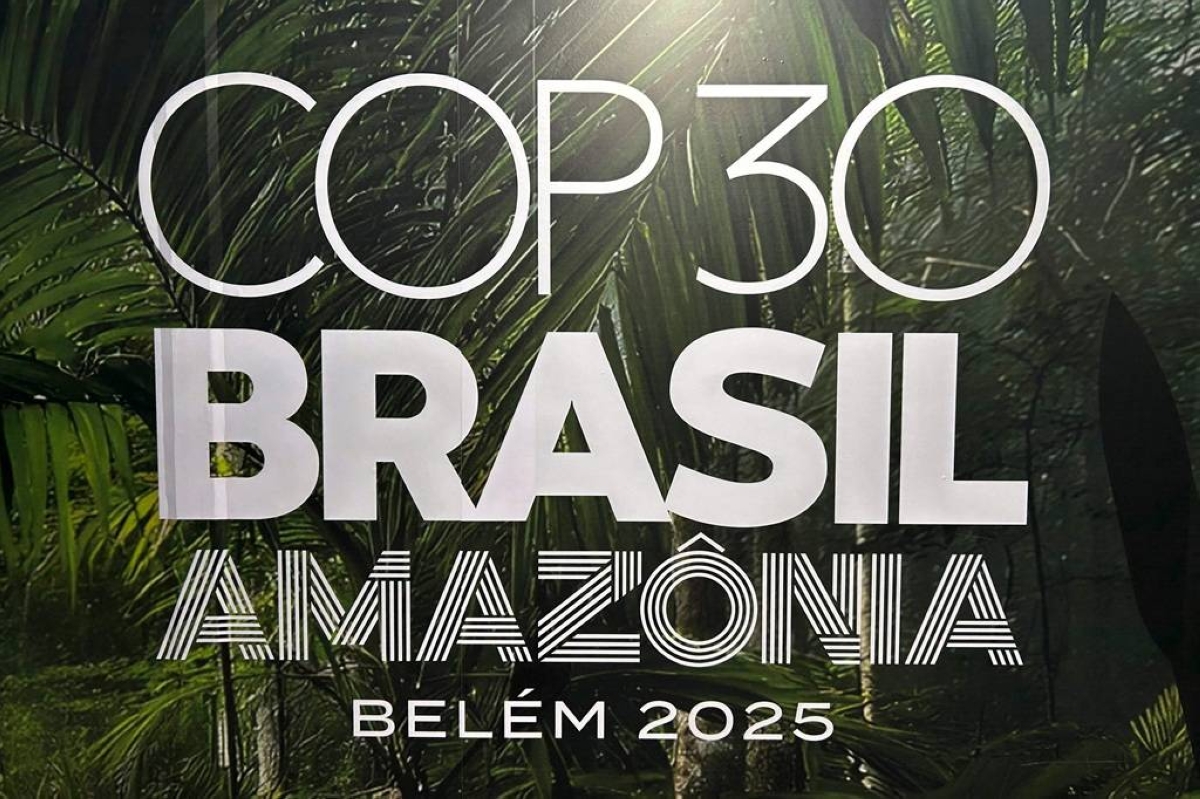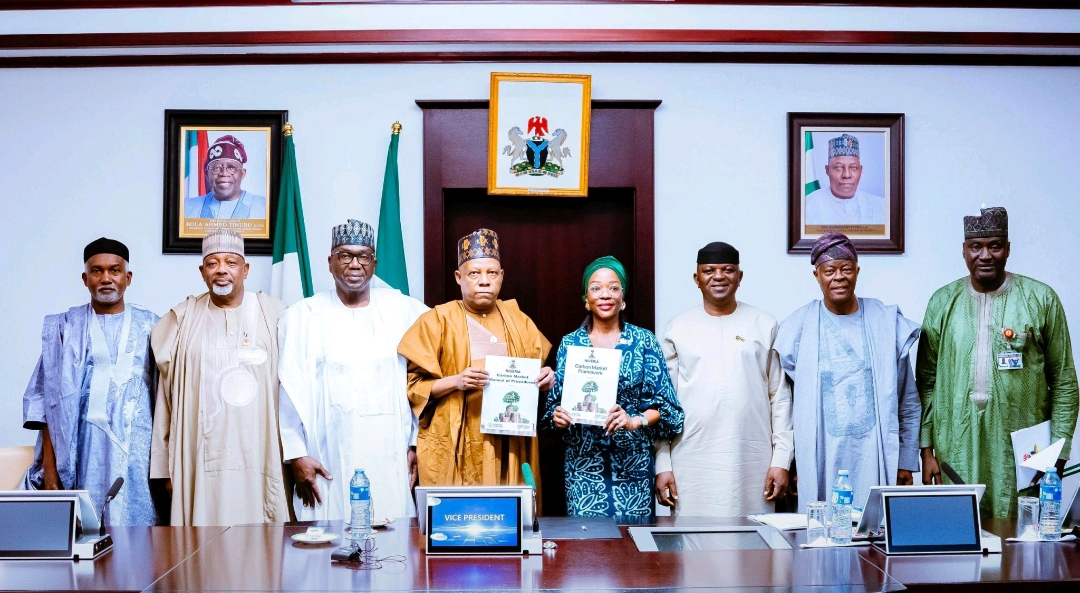As the world gears up for the United Nations Framework Convention on Climate Change (UNFCCC) COP30 in Belém, Brazil, several African and Global South civil society coalitions have raised concerns over what they describe as the “alarming marginalisation” of their representatives in the global climate negotiations.
In a joint statement released on Friday, the Afrihealth Optonet Association (AHOA), African Network of Civil Society Organizations (ANCSO), Global Consortium of Civil Society on Climate Change and Conference of Parties (GCSCCC), and other partners said the exclusion of voices from Africa and the Global South undermines both “procedural legitimacy and substantive outcomes” of the COP process.
Leader of the group Dr. Uzodinma Adirieje, warned that the lack of adequate representation would weaken policy decisions and implementation frameworks, particularly for communities most affected by climate change across developing regions.
“COP30 in Belém expected to set critical pathways for mitigation, adaptation, and climate finance must be informed by voices from those most affected. Yet alarmingly, civil society representation from Africa and the Global South at COP30 risks being marginalised,” the statement read in part.
According to the organisations, during the last General Assembly of the Global Consortium of Civil Society on Climate Change (GCSCCC) held on October 14, 2025, 85% of African and Global South participants had not received registration or invitation letters, while only one individual confirmed receiving an e-visa to Brazil barely three weeks before the conference.
They described the development as “a major setback” that could derail the progress achieved during COP29 in Baku, Azerbaijan.
“Civil society organisations from Africa and the Global South bring indispensable expertise grounded knowledge of local vulnerabilities, adaptation practices, and socio-economic nuances that international negotiators often overlook,” the statement added.
The groups identified financial constraints, visa restrictions, limited accreditation slots, and language barriers as major obstacles to meaningful participation, alongside institutional gatekeeping that favours large, well-funded international NGOs over grassroots, community-led organisations.
They warned that without immediate remedial action, the global climate agenda would remain dominated by Northern priorities, perpetuating inequities in decision-making and resource allocation.
The coalition called for the UNFCCC Secretariat and COP30 organisers to urgently expand accredited slots for African and Global South CSOs, with transparent and inclusive selection criteria that prioritise indigenous and community-based groups.
It also urged donor governments and philanthropic institutions to establish rapid-response travel funds to support visa processing, travel, and accommodation for civil society representatives.
Additionally, the groups recommended capacity-building programmes to enhance negotiation literacy, multilingual interpretation, and digital connectivity to enable effective participation in both formal negotiations and informal diplomatic spaces.
Beyond short-term measures, the coalition demanded structural reforms in the UNFCCC process to embed equity in agenda-setting, financing, and accountability mechanisms.
“Climate finance architecture should include direct access windows for community-led initiatives, reducing reliance on intermediaries that dilute local priorities,” the statement said, adding that monitoring frameworks must track representation and ensure corrective action when disparities appear.
Describing COP30 as “a test of global solidarity,” the statement emphasised that amplifying the voices of Africa and the Global South is not a matter of charity but of justice and effectiveness.
“The climate emergency knows no borders, but its impacts fall disproportionately on those who contributed least. Amplifying African and Global South civil society voices is not charity it is justice, and it is essential for effective, equitable climate solutions,” the coalition stressed.
They called on world leaders to publish immediate timelines and measurable benchmarks before the COP30 opening plenary to ensure accountability and transparency.
“Inclusive representation strengthens resilience, enhances policy relevance, and accelerates a just transition for communities on the front lines of climate change,” the statement concluded.
By Dare Akogun


